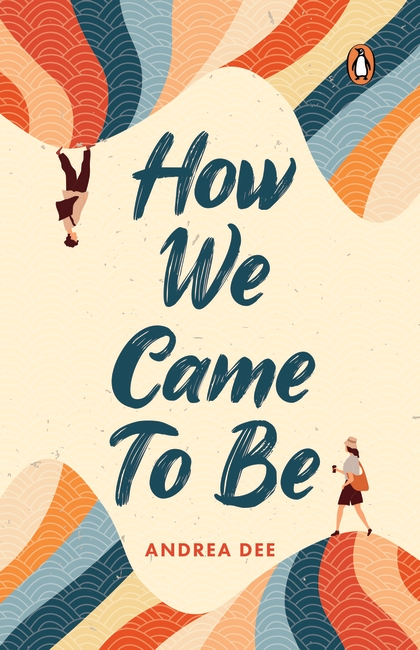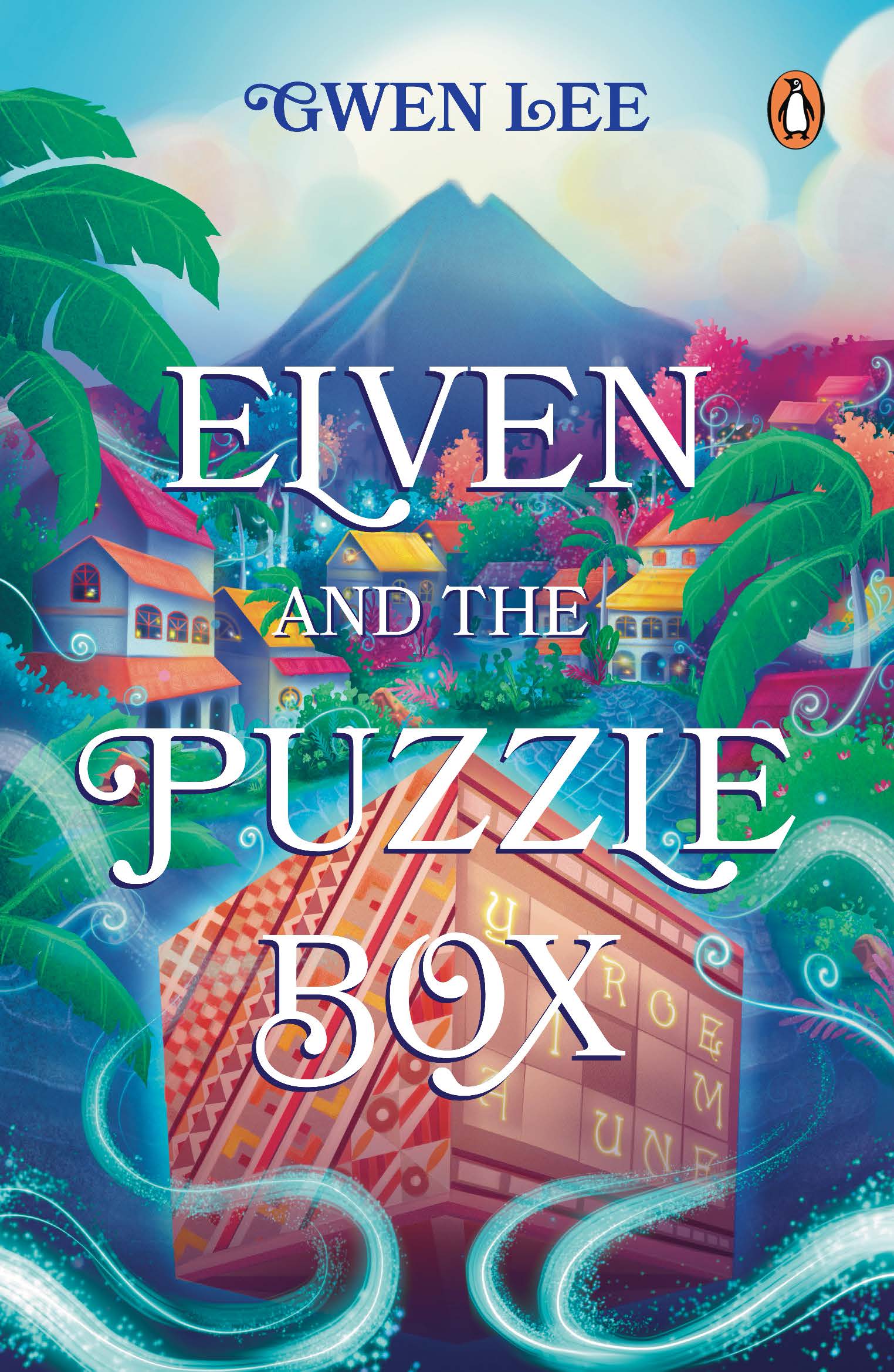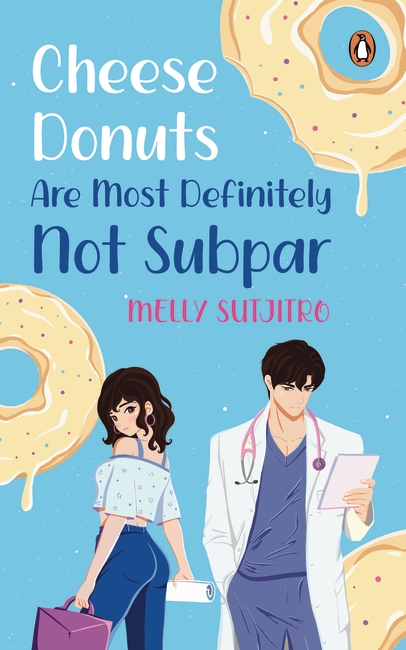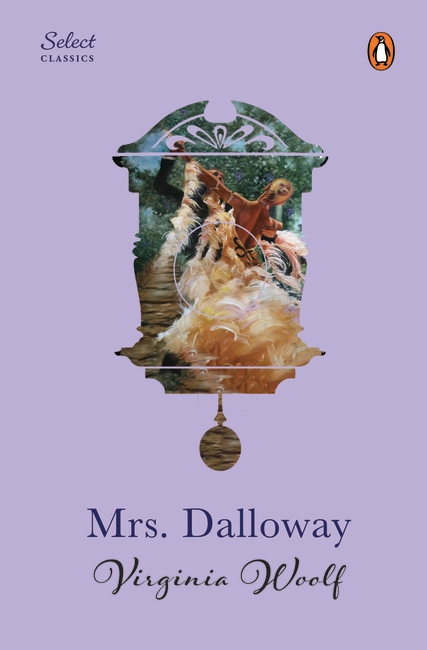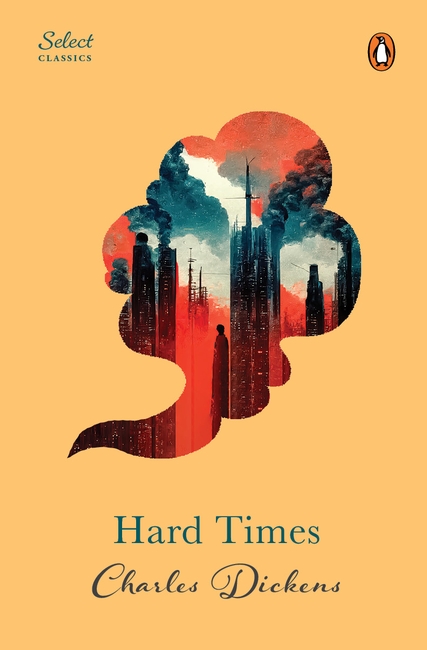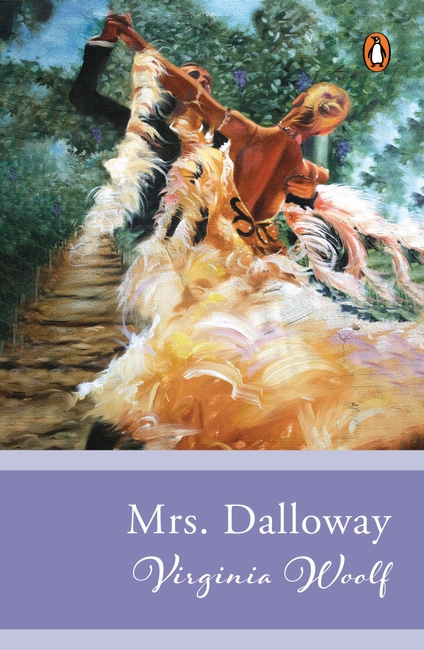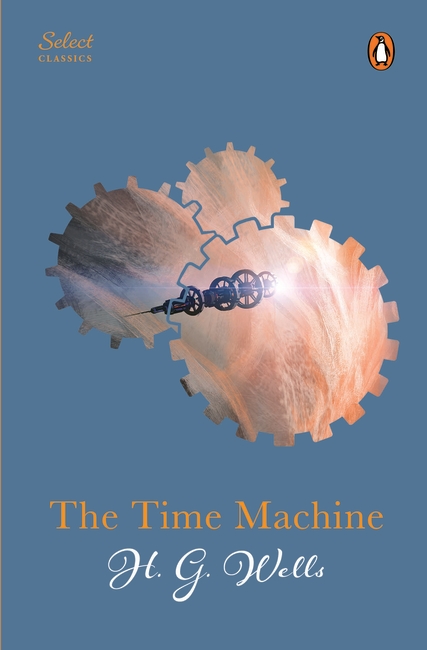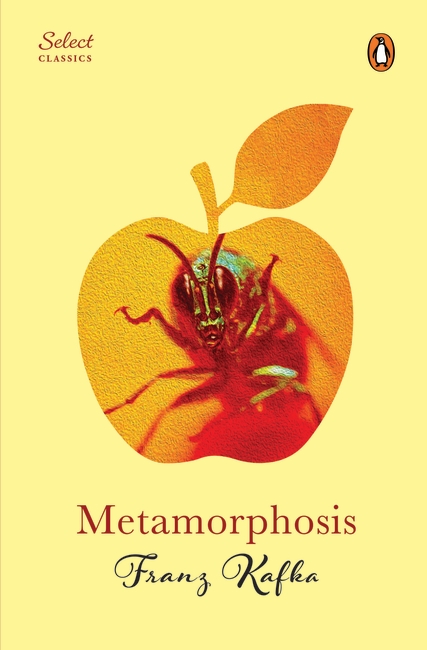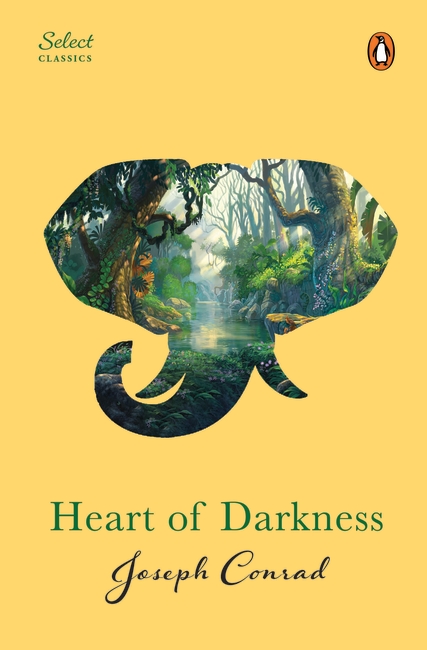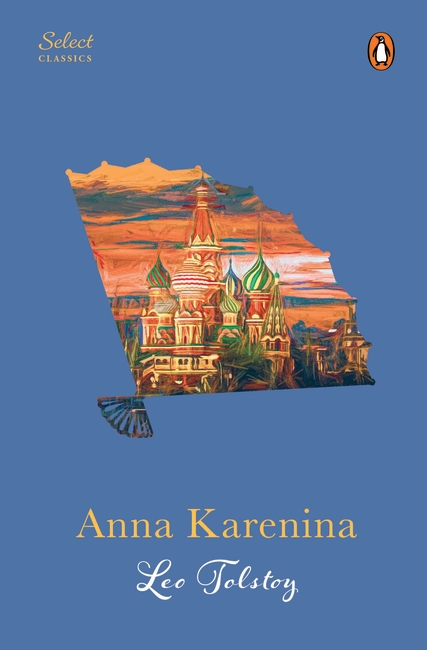
University radio DJ Ellice Sanchez has always been good with words. But she can’t seem to find the words to explain to her friends how and why she never felt any romantic feelings for her ex-boyfriend (or anyone else, to be exact).
Engineering major Alex Yu is good at Math (as all Chinese kids are…supposedly). But for the longest time, he’s been struggling to figure out how to go after the Literature degree he’s always wanted while fulfilling his family’s expectations.
When they accidentally meet again after being sort-of-strangers in high school, Ellice and Alex fall into an unlikely yet shockingly easy friendship strengthened by fairly unproductive study sessions and Ellice’s chaotic semi-weekly university radio show.
With Alex’s unquestioning acceptance of Ellice’s newly-discovered aromantic-asexuality and Ellice’s persistence in pushing Alex to chase after what he wants, they are unexpectedly what each other needs.

From the author of THERE WAS A PERANAKAN WOMAN WHO LIVED IN A SHOE comes a story of an orphan girl who rises above discrimination to find love. Fans of Grace Lin and Avi will surely be delighted by this tale that takes inspiration from both eastern and western storytelling traditions.
Twelve-year-old Elven has eleven fingers, no parents, and a skin tone that hints at murky origins. One day, she receives a wooden Puzzle Box belonging to her late mother, and an intriguing letter promising her love—if she solves it.
Thus begins Elven’s long journey, in which she runs away to the town of Armora to find the Puzzle Box maker. There, she encounters its quirky residents and makes a new friend—the mysterious Madam Green who may not be what she seems. Ignoring signs of danger, Elven moves into Madam Green’s cottage on Mount Armora where she helps rehabilitate the town’s abandoned pets. Soon, their idyllic life is shattered with the arrival of miners intent on extracting gold from the mountain at all costs. Elven teams up with Madam Green to stop them, drawing both of them into a sinister scheme with tentacles deeper than anyone can imagine.
When the townsfolk accuse Madam Green of being a witch, it will take all of Elven’s ingenuity to not just to unravel the shocking truth, but ultimately reveal the secret of the Puzzle Box.

When her sister is away for a business trip, 23-year-old Ellie Maharani agrees to look after her nieces and discovers on the first day of school that her sister’s PTA leadership is under attack. Ellie might not know much about PTA, but nobody steals her sister’s presidency from under her nose. She volunteers to sit in as an acting chairperson, unaware that the job comes with a condescending yet attractive PTA co-captain who criticizes everything she does, including her choice of donut.
The last thing Dion Saputra needs is more work outside his ER job, but refusing his old school’s request would incite a PTA war. With a prominent musical gala on the way, any mistakes, however small, would reflect badly on Dion’s uncle, the Principal. Dion would do anything for the man who has raised him since his father died, even if it means playing nice to the clueless co-captain who thinks cheese donuts are better than Mochaccino.
Between meetings and rehearsals, stolen kisses and an orchestrated PTA coup, they begin to realize that maybe, just maybe, they don’t despise each other’s guts?

“With twice his wits, she had to see things through his eyes — one of the tragedies of married life.”
Life is made up of countless mundane moments with seldom anything special happening. Yet, it is the reflections and feelings contained in those moments that hold the power to transform anyone. This is a story of such moments, a deep look into a day in the life of Mrs Clarissa Dalloway.
She performs the perfect homemaker, while her mind runs over a sea of memories, suppressed emotions. On that day, a tea conversation with an ex-lover and unexpected flowers from her husband pushes her over the edge. With every fold of the napkin, she re-examines the choices that brought her there.
Touted as Woolf ’s best novel, the story takes a deep look into an ordinary women’s feelings, choices, and dreams.
Through a heartfelt and engaging story, the reader realises how we truly live a new life everyday through our feelings.

“There is a wisdom of the head, and… there is a wisdom of the heart.”
The Industrial revolution was the era, when society thought that the correct way to function was with practicality, logic, focus on profits and material success; the tangible human emotions and imagination would just be in the way.
Thomas Gradgrind a wealthy banker raises his children, Louisa and Tom according to these rigid principles. He instils in them a belief for constant hustle and achievement, without any room for imagination.
Louisa grows into a woman devoid of self-expression, struggling with finding her place in society with her high ambitions.
Tom, on the other hand, succumbs to the temptations of the society, turning to dishonesty and manipulation to achieve his own ends.
Their journey to finding their purpose and internal peace, makes the reader question if happiness can be achieved solely through material gain? Is imagination, empathy, and compassion what gives the true meaning to life?

“With twice his wits, she had to see things through his eyes — one of the tragedies of married life.”
Life is made up of countless mundane moments with seldom anything special happening. Yet, it is the reflections and feelings contained in those moments that hold the power to transform anyone. This is a story of such moments, a deep look into a day in the life of Mrs Clarissa Dalloway.
She performs the perfect homemaker, while her mind runs over a sea of memories, suppressed emotions. On that day, a tea conversation with an ex-lover and unexpected flowers from her husband pushes her over the edge. With every fold of the napkin, she re-examines the choices that brought her there.
Touted as Woolf ’s best novel, the story takes a deep look into an ordinary women’s feelings, choices, and dreams.
Through a heartfelt and engaging story, the reader realises how we truly live a new life everyday through our feelings.

“Looking at these stars suddenly dwarfed my own troubles and all the gravities of terrestrial life.”
Where did the idea of time travelling originate? How did the idea of transcending unseen realms of universe take over popular culture?
An endearing story of a time traveller’s journey into the future. A pull of the lever and the machine sends him to the year 802,701, there he discovers two bizarre races—the ethereal Eloi and the subterranean Morlocks—who not only symbolize the duality of human nature but show the terrifying reality of the men of tomorrow as well. Here, his machine is stolen, will he be able to get back?
The traveller’s journey shows him a reality that is more dystopic than the present, making him realise that some questions are better left unanswered. The modern world’s fascination with time travelling can be traced back to this original story by H. G Wells, considered the father of science fiction.

“Calm —indeed the calmest— reflection might be better than the most confused decisions”
One morning, Gregor Samsa wakes up to find himself transformed into a horrible vermin. Here begins Metamorphosis, the most resounding story of the inherent human conflicts and the suppressed dark side of the human existence.
As Samsa struggles to remind those around him that he is still human despite his new repulsive appearance; we see his friends and family struggle to remember the person that lives in this unappealing creature. Are we inherently a superficial society?
Can we truly look past the surface to appreciate inner beauty? Do we possess the ability to selfishly care for others?
The Metamorphosis is a compelling, sarcastic, and emotional story holding a mirror to the feelings of alienation common to all alike.
- A haunting tale of identity, isolation, and human nature.
- Explores society’s struggle to look beyond appearances.
- A thought-provoking reflection on alienation and acceptance.
- Challenges the idea of selfless care and human empathy.
- A timeless classic that questions the depth of human connection.

“One can’t live with one’s finger everlastingly on one’s pulse.”
Charles Marlow, an English seaman, is an ivory trader on the Congo River in Central Africa. The story is a narration of his experiences as he journeys up the river in search of another trader named Mr. Kurtz.
As Marlow sails into the heart of Africa, he is horrified and confused by the brutalities he sees displayed at the hands of the traders; the torture, slavery and horror that is part of every-day life in that part of the world.
What happens when Marlow finally meets Kurtz? Will he question all of his assumptions and beliefs about civilization and human nature?
It’s a journey into the power struggle and dark truths of European Colonialism, displaying the blatant horrors human suppression. An evocative, thought-provoking book, forcing the reader to seek answers to the harsh realities of civilised life.

“He stepped down, trying not to look long at her, as if she were the sun, yet he saw her, like the sun, even without looking.”
Anna Karenina, a beautiful, sensuous, and rebellious young woman, is unhappily married to the wealthy but cold aristocrat Alexey Alexandrovitch. Restless in her passionless marriage, she lives in a society and times where Church rules the order for the wealthy; one wrong can bring down the entire family. Thus, she was floating through life until she met Count Vronsky. They fell passionately in love, convinced they met their soulmates. The story goes through their struggles to get approval for divorce, and their desire to live together in a complex society.
Tolstoy uses his characters to raise complex questions about family’s, egos that become a handcuff, and a society that becomes limiting to individual happiness. His famous novel is seemingly ahead of its times as it questions the inherent bias within people.






